China seen as neutral in US-Venezuela dispute
Updated: 2015-03-16 03:56
By PAUL WELITZKIN in New York(China Daily Latin America)
|
||||||||
As relations continue to deteriorate between Venezuela and the United States, analysts believe that China will stay in the background despite its close ties to Venezuela.
Last week the US declared Venezuela a national security threat and ordered sanctions against seven officials from the country. The move increased tensions between Washington and Caracas just as US relations with Cuba are set to be normalized. Venezuelan President Nicolas Maduro denounced the sanctions and said he may travel to Washington to challenge US President Barack Obama.
"I do not think Beijing will want to become involved in what is becoming a very nasty dispute between the US and Venezuela. China has been careful to maintain a low key position in Latin America," said Riordan Roett, professor and director of the Latin American Studies Program at the Paul H. Nitze School of Advanced International Studies at Johns Hopkins University in an e-mail. "The US has not had an ambassador in Caracas for some time, nor has Venezuela had an ambassador in Washington."
Ariel Armony, the University of Pittsburgh's senior director of international programs and director of the University Center for International Studies, believes China will avoid the situation. "I believe that Beijing understands well that China cannot become involved in the US-Venezuelan relationship. It would be a very serious mistake on the part of the Chinese government to interfere in the dispute between Washington and Caracas.
"The decision of the Obama administration to declare Venezuela a national security threat only makes sense if it is read in the context of the rapprochement with Cuba," Armony said in an e-mail. "It is possible that Washington is diverting attention in the domestic realm by placing an emphasis on Venezuela while it works fast to restore relations with Cuba. Again, Beijing has an important incentive to view these developments from a distance."
"The White House is anxious to re-establish full diplomatic relations with Cuba and to post a US ambassador in Havana," added Roett.
Venezuela's economy has been ravaged by low oil prices. It has one of the world's highest inflation rates, food shortages are getting worse and the economy last year contracted by almost 3 percent.
Roberto Rigobon, a Society of Sloan Fellows Professor of Management at the Massachusetts Institute of Technology in Cambridge, said: "China has lent a great deal of money to Venezuela. If there is a default, China stands to lose a great deal of money."
"It may be too late to save the Maduro government. China would be best advised to 'wait and see' what develops," added Roett.
"Venezuela is likely to become a "test case" for China's policy in Latin America.," said Armony. "Beijing is now experiencing the results of its policy of "non-conditional lending."
Armony said Beijing might face "a dilemma": "Will China continue to help Venezuela, regardless of Maduro's disastrous handling of the economy and his low popularity, or will China change its approach to lending and demand sound macroeconomic policies in order to continue funneling money to Venezuela? This is a political question."
paulwelitzkin@chinadailyusa.com

 The CeBIT trade fair opens in Germany
The CeBIT trade fair opens in Germany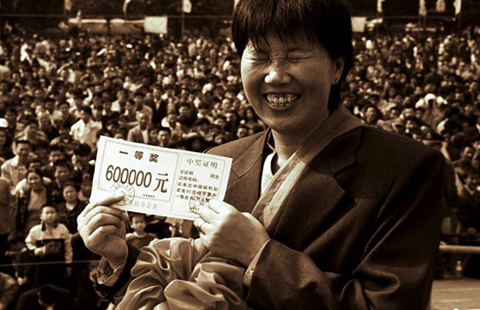
 Now and then: Lottery dream fading
Now and then: Lottery dream fading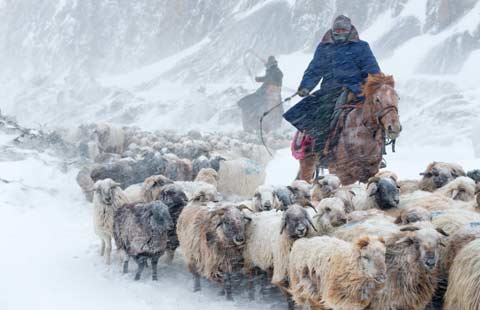
 Braving the snow for greener pastures
Braving the snow for greener pastures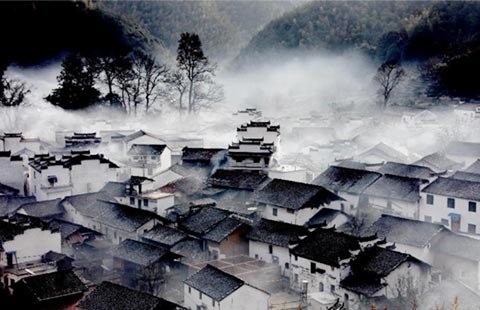
 Special: Preserve the past to live the future
Special: Preserve the past to live the future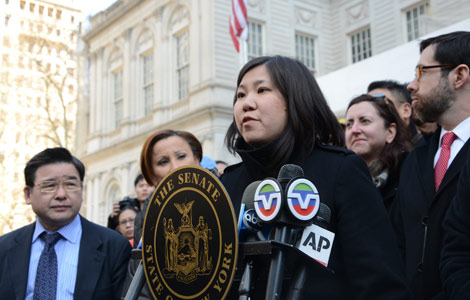
 Push for Lunar New Year school holiday
Push for Lunar New Year school holiday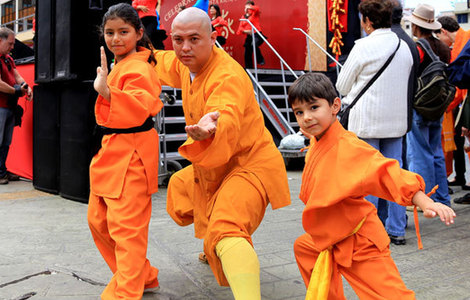
 Bruce Lee's legacy promotes Kungfu in LatAm
Bruce Lee's legacy promotes Kungfu in LatAm
 Germany's Black Forest: a popular holiday destination
Germany's Black Forest: a popular holiday destination
 Sea of color at Shenzhen race
Sea of color at Shenzhen race
Most Viewed
Editor's Picks

|

|

|

|

|

|
Today's Top News
Mutual respect, interests key to US relations
US targets vocational schools in visa crackdown
Washington pitched to tourist
China, Myanmar investigate deadly bombing in Yunnan: FM
Foreign investment restrictions
to be cut
Taking the fight to the terrorists
Action to be taken if deadly bombing happens again
New bureau set to boost graft fight
US Weekly

|

|








